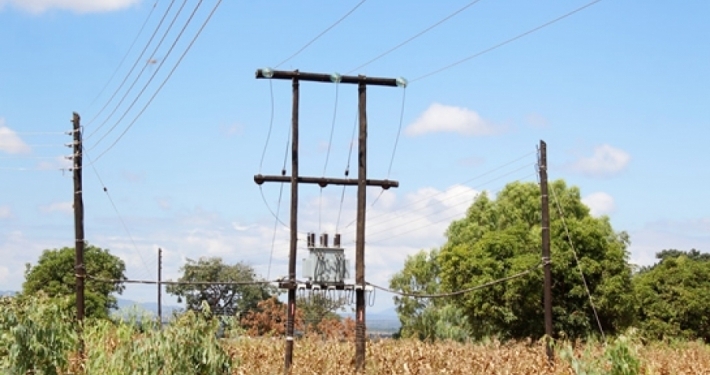The Parliamentary Committee on Local Authorities and Rural Development has asked Malawi Rural Electrification Programme (Marep) to stop using intermediaries in the procurement of materials and reduce costs.
Committee chairperson Horace Chipuwa said this on Wednesday in Lilongwe when the Ministry of Energy briefed the committee on Marep activities following reports that some customers were not connected despite being within sites hooked to the national electricity grid.

He said it would be prudent if Marep procured materials directly from manufacturers and cut out the intermediaries who sell at exorbitant prices that affects the programme’s budget.
To connect to sites, the programme needs poles, transformers, conductors, meters, twin wires, overhead line accessories, insulators, bolts and other items.
Said Chipuwa: “Only a few individuals benefit from such contracts but a number of people are deprived the opportunity to be connected because the items are procured at a higher price. Buying locally also leads to delays in connecting people and there are also issues of quality.”
But he expressed satisfaction with Marep’s impact, saying many rural communities now have access to electricity.
Ministry of Energy deputy director responsible for rural electrification Patrick Silungwe said they had taken note of the procurement concerns. He said they would make further consultations on the matter because it borders on policy.
He also clarified that government resorted to buying items locally to empower Malawians.
Silungwe said that to connect 1 000 sites per phase to accelerate rural electrification and meet the 30 percent access to electricity target by 2030, Marep currently needs about K70 billion per phase.
Speaking in an interview after meeting the committee, Silungwe stressed that Marep is facing financial challenges to meet desired targets.
He said they budgeted for K62 billion in the Marep phase 9, whose award of contracts was stopped by the Anti-Corruption Bureau over procurement issues.
Silungwe said part of the K62 billion included the cost of constructing warehouses in Blantyre and Mzuzu.
He said due to financial constraints, the programme, which was scheduled for December this year, is targeting 575 sites.
The number of sites has dropped from 853 sites in phase 8 which cost about K57 billion, including compensations, stores management and other contractual obligations.
Silungwe said the programme would meet the 1 000 sites target once funds are made available.
He said phase 9 was divided into sub phases—sub phase one and sub phase two.
He said: “The plan was to use the funds available to start subphase one where 345 sites would be connected.
“So, the plan was that in the course of implementing sub-phase one, we would be generating the funds for sub-phase two. For sub-phase one, it would cost about K35 billion.”
He confirmed that said ACB was yet to lift the suspension on award of the contracts for Marep Phase 9, but he refused to comment more on the issue.
Over 1 166 sites have been connected to the national grid since the programme started in the 1980s while over 60 000 households have benefited, translating into over 300 000 people accessing electricity.
In the past decade, K80 billion has been invested in Marep.
Marep was established in 1980 under Electricity Supply Corporation of Malawi as the implementing agency through donor financing. In 1995, the Government of Malawi took over implementation of the programme with the Department of Energy as the implementing agency.
The 2008 Energy Policy anticipated an increase in electricity coverage in the country to 30 percent. But the country’s electricity access was reported at 11.2 percent in 2019, according to the World Bank collection of development indicator, making it one of the lowest in Southern Africa Development Community (Sadc) region.
Source: The Nation_Thursday, 7 October, 2021_by George Singini_Staff Reporter
